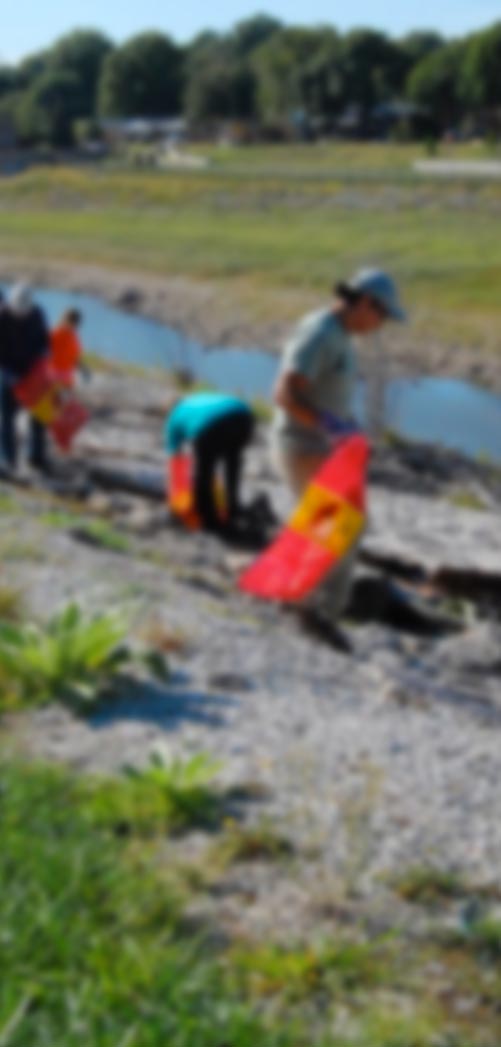The success of a local catchment group in bringing people together to address freshwater quality issues has been held up as a success around New Zealand.
The Waihao Wainono Catchment Community Group was presented at the National Freshwater Conference 2020 – one of only two catchment groups invited to participate.
Group members Roger Small and Colin Hurst took part in a panel titled 'What community catchments can achieve,' where they shared their experiences, along with members of the Rangatikei Community Catchment Group.
During the panel, Hurst shared his view on the benefits of working in catchment groups.
"If we’re going to be serious about improving water quality, it needs to happen at a grassroots level," he says.
"We can have all the rules under the sun, but there needs to be willingness in the community. It all starts with the catchment group."
Sustainable environmental and economic outcomes
Hurst says their presentation met with a lot of positive feedback, and they were grateful for the opportunity to talk about the catchment and their community group.
The Waihao Wainono Catchment Community Group began in 1999 as the Waihao-Wainono Water Users Group and has around 60 members, including rūnanga, farmers and residents.
It aims to achieve sustainable environmental and economic outcomes for the Waihao River catchment, an 80,000-hectare area from the mountains to Wainono Lagoon.
The lagoon is a historically important mahinga kai site for local rūnanga, as well as a wetland that is internationally renowned for its birdlife.
Hurst says one of the key aspects to making the catchment group work was establishing a positive working relationship between farmers and Waihao rūnanga.
Catchment groups connect communities to the environment
Councillor Peter Scott, who was previously a member of the Lower Waitaki South Coastal Canterbury Water Zone Committee, was also at the conference supporting the catchment group.
He says that supporting catchment groups to make the changes that Environment Canterbury require, is preferable to taking punitive action.
"Catchment groups are our best connection to communities and will be the reason that big environmental gains are made," Scott says.
"We are lucky to have people that have such a positive attitude to the environment they lead by example and encourage, coerce and inspire others to change."
